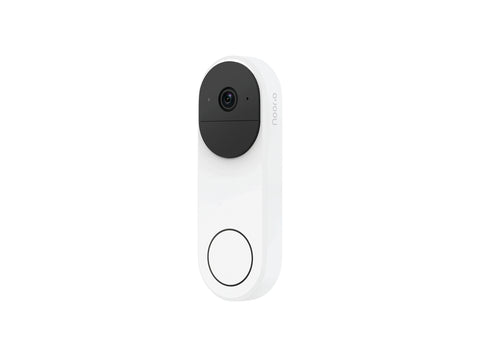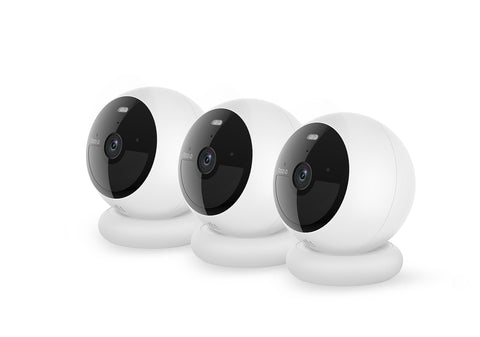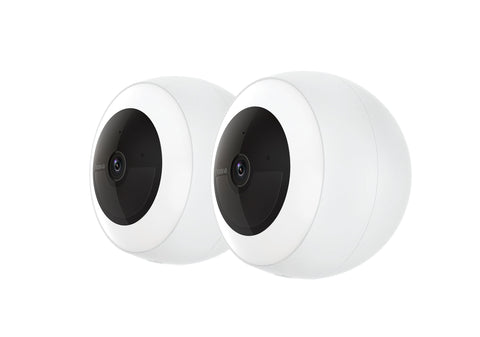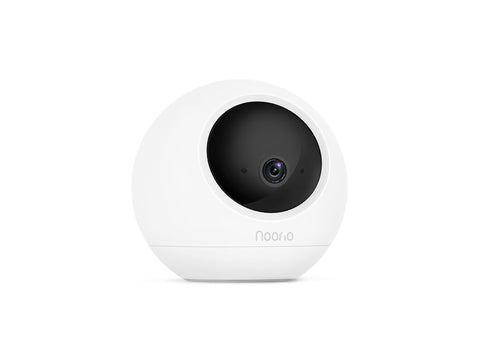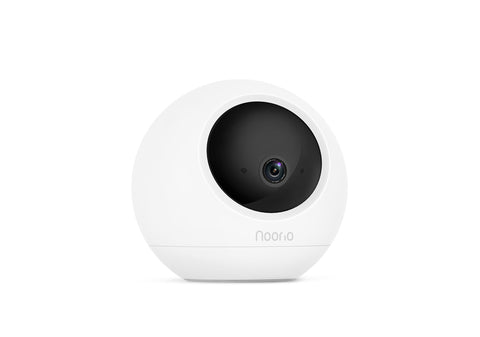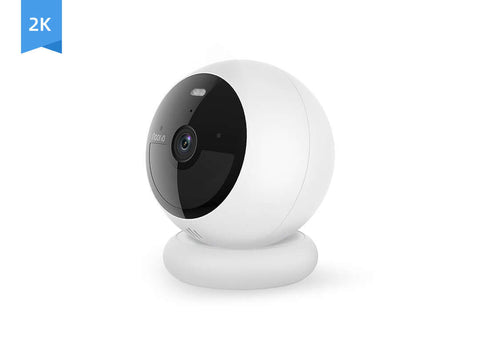With the rise of smart home technology, WiFi-enabled security cameras have become a popular choice for homeowners looking to enhance their home security. These cameras offer convenience and peace of mind, allowing users to monitor their homes remotely. However, like any internet-connected device, they can be vulnerable to cyber attacks if not properly secured. In this article, we will discuss some best practices for homeowners to secure their WiFi-enabled cameras, with a focus on Noorio Wireless Security Cameras.
-
Use Strong Passwords: One of the most important steps you can take to secure your WiFi-enabled cameras is to use strong, unique passwords. Avoid using default passwords or easily guessable passwords such as "123456" or "password". Instead, use a combination of letters, numbers, and special characters.
-
Enable Two-Factor Authentication: Two-factor authentication adds an extra layer of security by requiring a second form of verification, such as a code sent to your phone, in addition to your password. Enable this feature on your camera's app or website to protect your account from unauthorized access.
-
Keep Software Up to Date: Regularly update the firmware and software of your WiFi-enabled cameras to protect against known vulnerabilities. Manufacturers often release updates to patch security holes and improve performance, so it's essential to stay up to date.
-
Secure Your WiFi Network: Your WiFi network is the gateway to your WiFi-enabled cameras, so it's crucial to secure it properly. Use a strong, unique password for your WiFi network and consider using WPA3 encryption, which provides stronger security than older encryption standards.
-
Disable Universal Plug and Play (UPnP): UPnP can make it easier for devices on your network to communicate with each other, but it can also be exploited by attackers. Consider disabling UPnP on your router to reduce the risk of unauthorized access to your WiFi-enabled cameras.
-
Use a Guest Network: If your router supports it, consider setting up a guest network for your WiFi-enabled cameras and other smart home devices. This can help isolate them from your main network, reducing the risk of a security breach.
-
Limit Camera Access: Only give access to your WiFi-enabled cameras to trusted users. Avoid sharing login credentials or access to your camera's app or website with others.
-
Secure Physical Access: Ensure that your WiFi-enabled cameras are physically secure. Place them out of reach of potential intruders and consider using mounting brackets or other security measures to prevent tampering.
-
Monitor Camera Activity: Regularly check the activity logs of your WiFi-enabled cameras for any suspicious activity. If you notice anything unusual, such as unauthorized access attempts, take immediate action to secure your cameras and network.
-
Consider Professional Monitoring: If you're concerned about the security of your WiFi-enabled cameras, consider investing in a professional monitoring service. These services can provide 24/7 monitoring and alert you to any potential security threats.
In conclusion, securing your WiFi-enabled cameras is essential to protect your home and privacy. By following these best practices, you can greatly reduce the risk of cyber attacks and enjoy peace of mind knowing that your home security cameras are secure.
